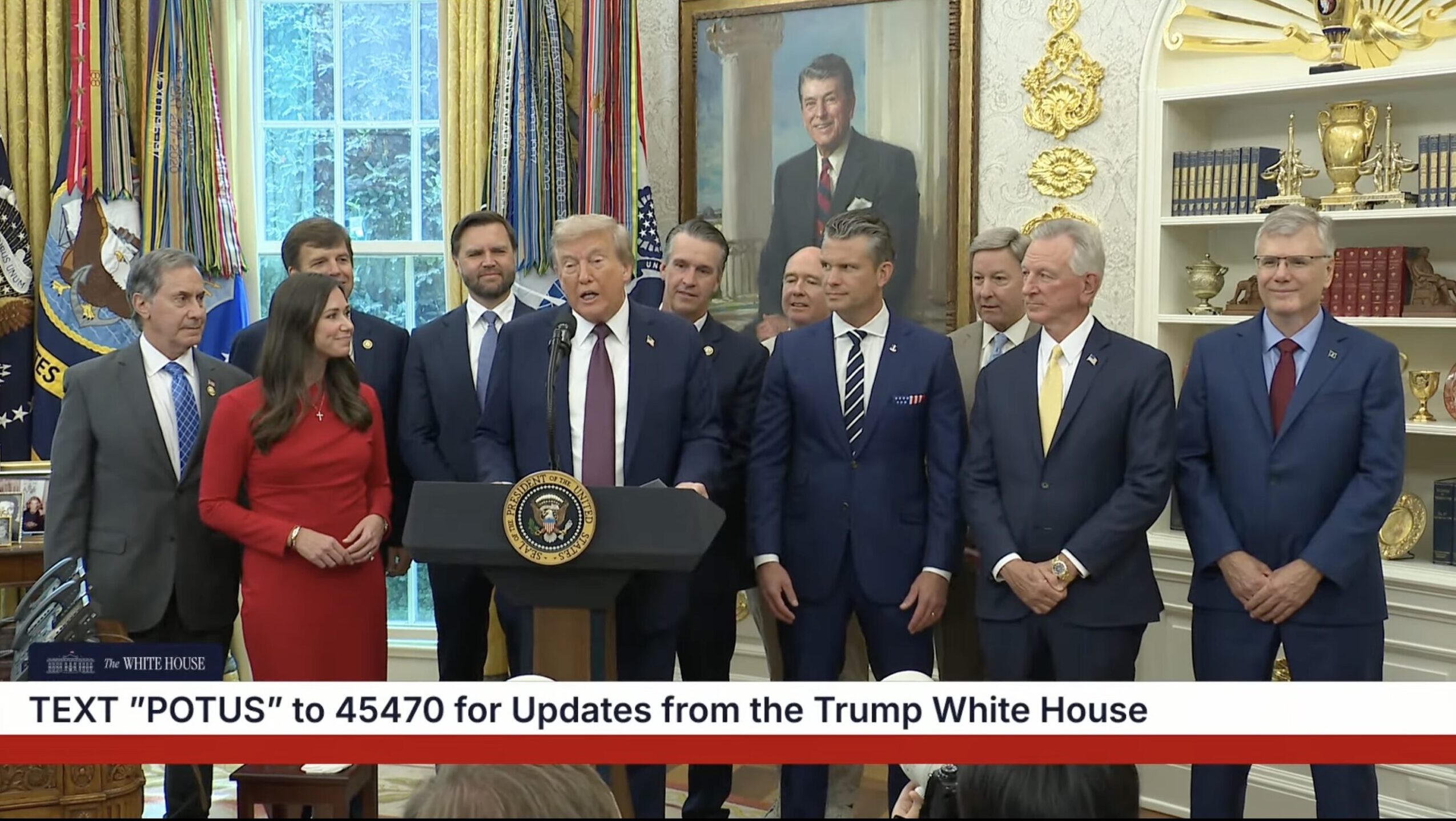President Donald Trump is alive and well, despite a recent conspiracy theory suggesting otherwise. Over the weekend, claims circulated that Trump had died and that news of his death was being suppressed. These claims were quickly debunked as Trump was seen golfing and active on social media.
Explainer New York Court Overturns $454 Million Fine Against Trump
Typically, such unfounded rumors would not warrant significant media attention. However, various news outlets reported on the hoax, not out of genuine belief in the claims, but to revisit ongoing discussions about Trump's health.
The disparity in media coverage between Trump and President Joe Biden is notable. For four years, many in the media either overlooked Biden's physical and cognitive issues or offered explanations that downplayed concerns. In contrast, Trump's health has been a frequent topic of speculation, often amplified by sensational reporting.
A recent article in The New York Times by Katie Rogers exemplifies this trend. The piece, titled "President Trump is Alive. The Internet Was Convinced Otherwise," presented the conspiracy theory as a legitimate story while simultaneously painting an unflattering picture of Trump's health. Rogers noted Trump's visible bruises and swelling, framing these observations as part of a broader narrative questioning his fitness for office.
Rogers later acknowledged that the article's intent was not merely to address the hoax but to reignite discussions about Trump's health, suggesting that previous concerns had been met with insufficient transparency from his team.
This approach sharply contrasts with The Times' treatment of Biden. When Biden withdrew from the 2024 election, Stuart A. Thompson dismissed conspiracy theories about his absence, framing skepticism as unfounded. This inconsistency in coverage raises questions about media bias.
MSNBC's Jen Psaki, former press secretary for Biden, also contributed to the narrative surrounding Trump. She remarked, "We may never know why Donald Trump suddenly spends a week hiding entirely from the American public," despite evidence to the contrary. This statement perpetuated the conspiracy while implying that Trump was being secretive.
The Associated Press also demonstrated a tendency toward biased framing. A post on X stated, "Trump says social media conspiracies about his death were wrong," which subtly cast doubt on Trump's assertions. This contrasts with the AP's handling of rumors regarding Biden's health, where they quickly clarified that such claims were false without framing them as mere statements from Biden.
These examples highlight a pattern in media coverage: skepticism and scrutiny are often directed at Trump, while Biden's health concerns are minimized or dismissed. The media's approach to these two figures raises important questions about journalistic integrity and the role of bias in reporting.
Brianna Lyman is an elections correspondent at The Federalist. She graduated from Fordham University with a degree in International Political Economy. Her work has been featured on Newsmax, Fox News, Fox Business, and RealClearPolitics. Follow Brianna on X: @briannalyman2.
Why it matters
- Recent conspiracy theories about Trump's death were debunked, highlighting ongoing media scrutiny of his health.
- Media coverage of Trump's health contrasts sharply with Biden's, raising questions about bias in reporting.
- The New York Times' framing of Trump's health issues reflects a broader narrative questioning his fitness for office.
- Inconsistencies in how media treat health concerns of Trump versus Biden suggest a lack of journalistic integrity.
What’s next
- Investigations into media bias in political reporting may be prompted by this disparity in coverage.
- Calls for more transparency from Trump's team regarding his health could arise from renewed scrutiny.
- Upcoming elections may see heightened focus on candidates' health and media portrayal of their fitness.

